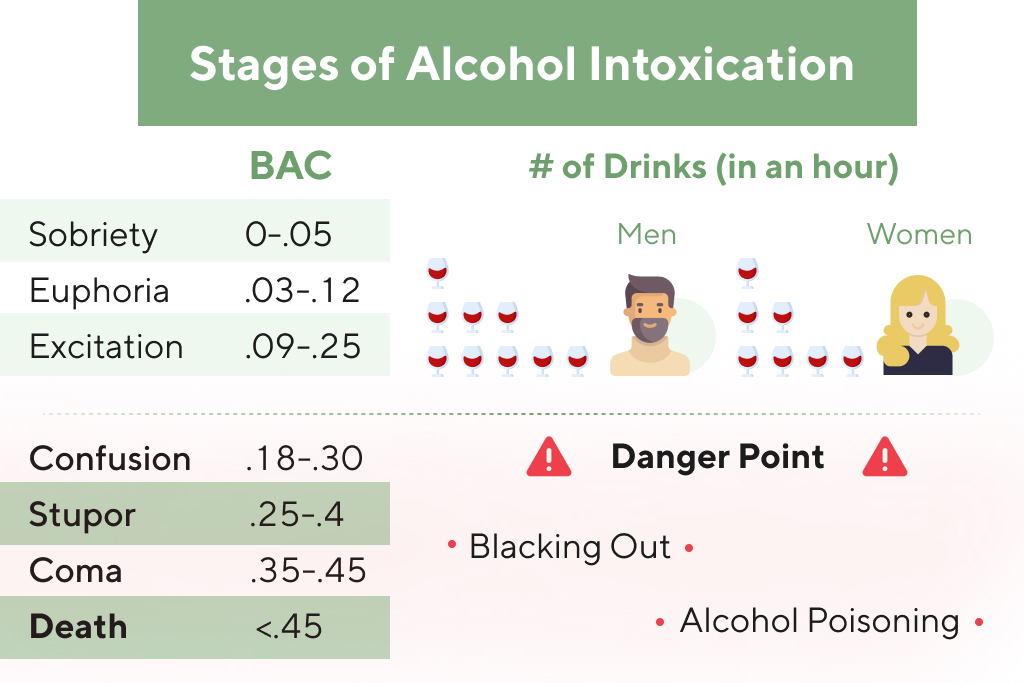However, some programs require patients to live in residential facilities where they receive 24/7 supervision. Residential treatment centers usually offer long-term care and intensive monitoring. In addition to medication management and group therapy, many dual diagnosis programs involve individual therapy sessions. Individual therapy provides patients with the opportunity to explore personal problems without being judged by peers.
Common Things The Spouse of an Alcoholic May Experience
Members can opt to speak about their experience or choose not to share, depending on their comfort level. Sober Life San Diego helps people recover from addiction and live fulfilling lives. While we are unable to respond to your feedback directly, we’ll use this information to improve our online help.
Faith, Forgiveness & Freedom: Doug’s Mission to Help Men Conquer Addiction

While your loved one needs to maintain sobriety as they work on their recovery, there’s more to living a sober lifestyle than the physical aspect. The emotional and psychological aspects of sobriety can also take a toll. With alcohol having been such a significant part of any addicts life for so long, it’s ideal to find something to replace that addiction. In this article, we’ll provide useful tips to live with an alcoholic. You’ll learn what you should do for yourself, how you can help your loved one, and the warning signs of relapse.
- Their process of getting sober will depend on numerous factors, including the severity of drug or alcohol use disorder and long-term goals of sobriety.
- Abstaining from alcohol consumption yourself is also an excellent way to support someone you love as they go through recovery.
- Often, the struggles in recovery extend beyond the individual battling alcohol or drug addiction; they weave into the fabric of family dynamics, testing the strength of relationships.
- What sets Gen Z apart is that this change appears to be more than a passing trend.
The Alcoholic Personality Change and the Road to Recovery
- Some are structured in programs, such as the 12-step approach used by Alcoholics Anonymous and similar addiction recovery programs.
- The coaches can help set goals, monitor your progress, share their own stories of recovery, and offer support.
- For instance, the alcoholic may be denied visitation rights or may be faced with a marital separation if he decides not to seek help.
- In the private lodge, you’ll enjoy premium non-alcoholic drinks during meals.
Maybe you’re already dabbling in non-alcoholic drinks and thinking of a https://www.traveltorussiaidea.com/ActiveRestInRussia/ permanent change. With so many options for sober travel, this is the best time to investigate getaways with high vibes, but you can stay clear-headed, energetic, and excited for the next day of adventure. Many young people today see drinking as counterproductive to their mental health goals. They’re not afraid of challenging the old “let loose” mentality if it means staying sharp and feeling good. They are focused on helping residents re-enter common society after spending time in prison. These centers offer treatment, which some residents may have to attend as part of living there.
It’s important to remember that a former alcoholic even if they have been sober for a long time, is still in recovery (there is no such thing as an ex-alcoholic). Recovery is a lifelong process, and the person will http://suicideboys.ru/%d0%b1%d0%b5%d0%b7-%d1%80%d1%83%d0%b1%d1%80%d0%b8%d0%ba%d0%b8/i-went-to-an-online-sex-party-during-the-coronavirus-pandemic/ need strong support and encouragement every step of the way. Living with a recovering alcoholic can be a challenging experience, but it can also be rewarding. Seeing someone struggle and grow stronger every day is one of the toughest things a person can face. It takes patience, understanding, and emotional support for someone who is working to overcome addiction. Confronting the reality that an alcoholic family member won’t get help is a painful acknowledgment.

Other people have several of these symptoms but do not have a problem with alcohol. Ultimately, someone with alcohol use disorder must accept help if they want to recover. However, there are several things you can do to provide support and encouragement.

Alcoholics Anonymous
There are common setbacks to getting and staying sober like withdrawal, craving, http://bookorbita.com/library/dramaturgiya/grand_mihail/a_friends_frown.html and pressure to use. Relapse rates for substance use addictions are around 40% to 60%. Setbacks don’t erase progress, though, and they don’t mean you’ve “failed” to stay sober.